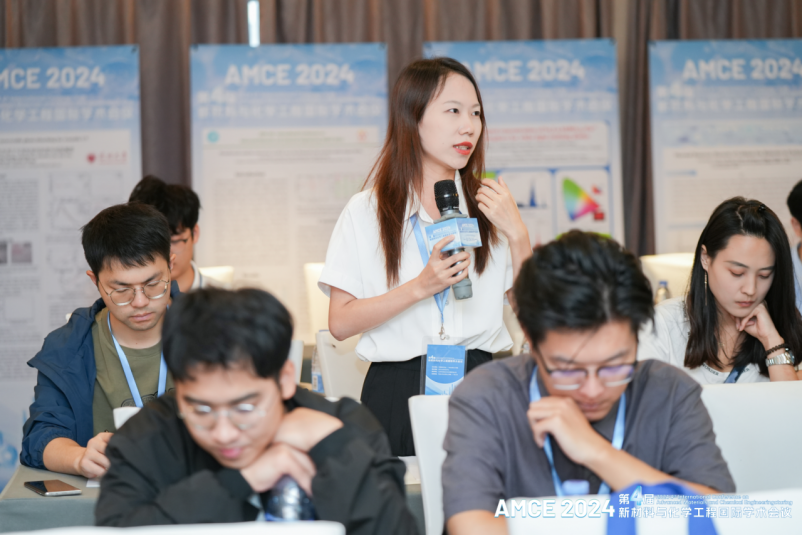
AMCE 2024
2024 4th International Conference on Advanced Materials and Chemical Engineering (AMCE 2024)
has come to a successful conclusion!

The prologue of the meeting was officially opened by Professor Wu Dang, vice president of Guangdong Institute of Petrochemical Engineering. He mentioned in his speech that this conference will bring new opportunities for innovation and cooperation in the field of new materials and chemical engineering, and look forward to the wonderful sharing of experts and scholars to promote further exchanges and cooperation in the industry.
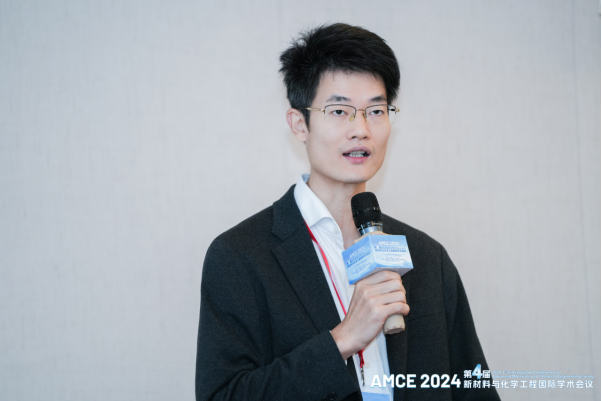
Wonderful conference Keynote Speeches
Structure and properties: Exploration of vanadate based composites
The conference entered the report stage, and the first speaker was Professor Yu Jingang from Central South University. He presented a report entitled "Structure and Electrochemical Applications of vanadate-based Composites", detailing the potential of metal vanadates in the field of electrochemical detection. He proposed that by introducing carbon nanomaterials with good electrical conductivity, the aggregation phenomenon can be effectively inhibited and the electrochemical performance of vanadate materials can be improved. At the same time, this method enables the material to show good sensitivity and stability in practical applications.
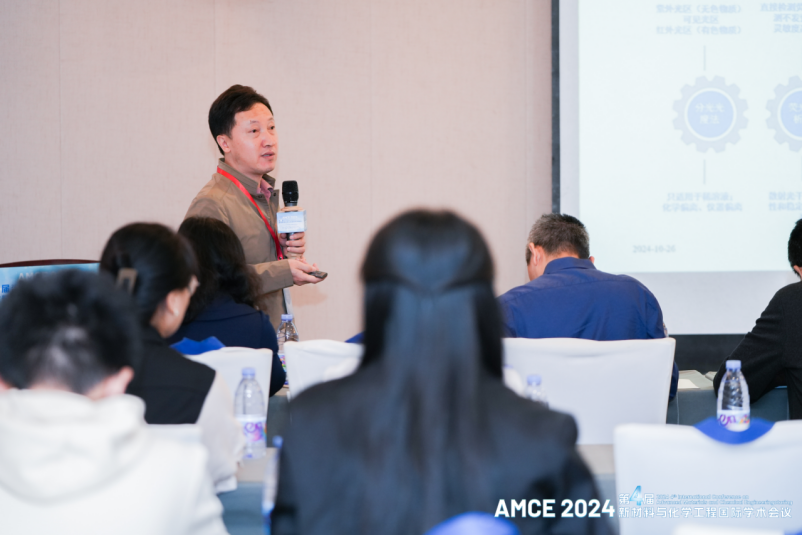
Flexible future: Applications of nickel-based nanostructures
Next, Vice President Wu Dang from Guangdong Institute of Petrochemical Technology shared "Preparation of Nickel-based nanostructures and their application in flexible electronics". Professor Wu introduced the method of promoting the generation of nanostructures through the external field and revealed the application potential of this novel technology in the preparation of flexible electromagnetic shielding networks. By precisely controlling the structure and properties, nickel-based nanomaterials demonstrate superior electromagnetic absorption properties, providing an important reference for the future development of flexible electronics.
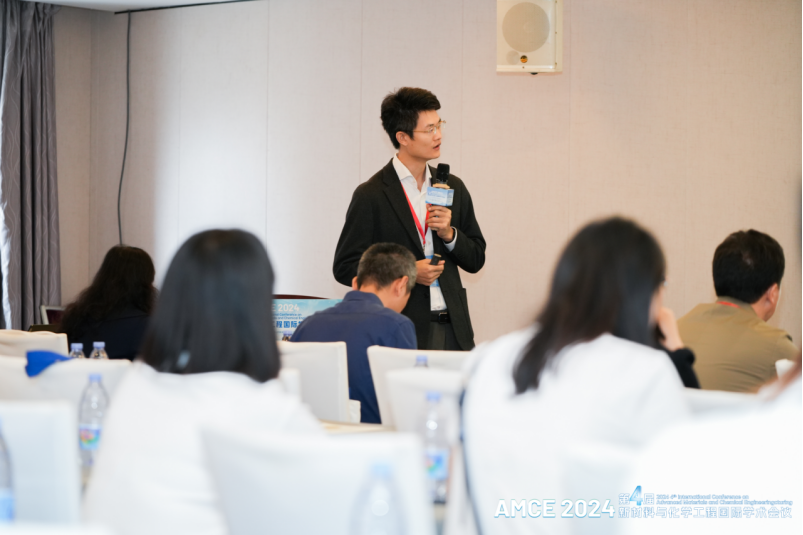
Frontier intersection: Binding of molecular imprinting to MOF materials
The subsequent conference report was conducted online by Professor Zhong Ming of Hunan Institute of Science and Technology, who in-depth analyzed the combination of molecular imprinting technology and MOF materials in electrochemical sensors under the title of "Application of magnetic MOF materials based on molecular imprinting technology in drug slow release and detection". This combination makes the sensor significantly more selective and sensitive, opening up new possibilities for environmental monitoring and biomedical diagnostics.
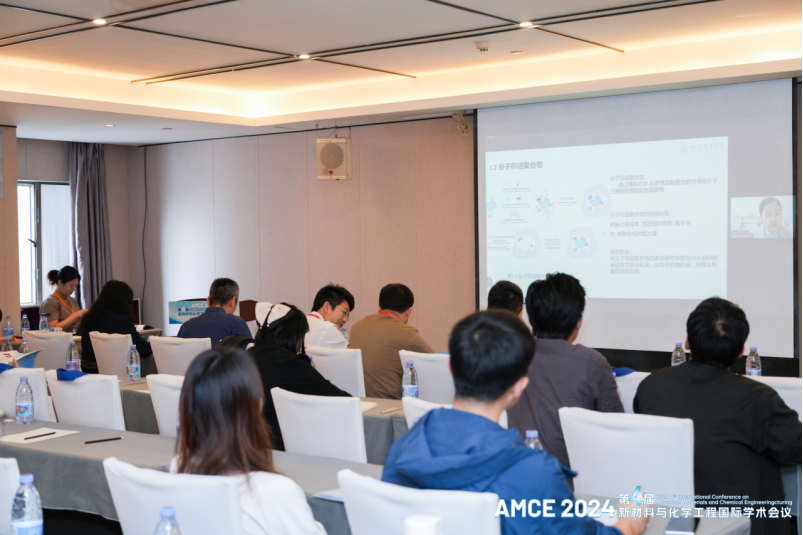
Collaborative innovation: Applications of nanomaterials and biotechnology
Finally, Professor Li Guiyin of Guangdong University of Petrochemical Technology published a report on the Detection of low-density lipoprotein based on manganese based nanomaterials and CRISPR/Cas12a. He showed how to combine electrochemistry with colorimetry to achieve precise detection of LDL using CRISPR technology. This innovative research provides new ideas and efficient solutions for the early diagnosis of cardiovascular diseases.
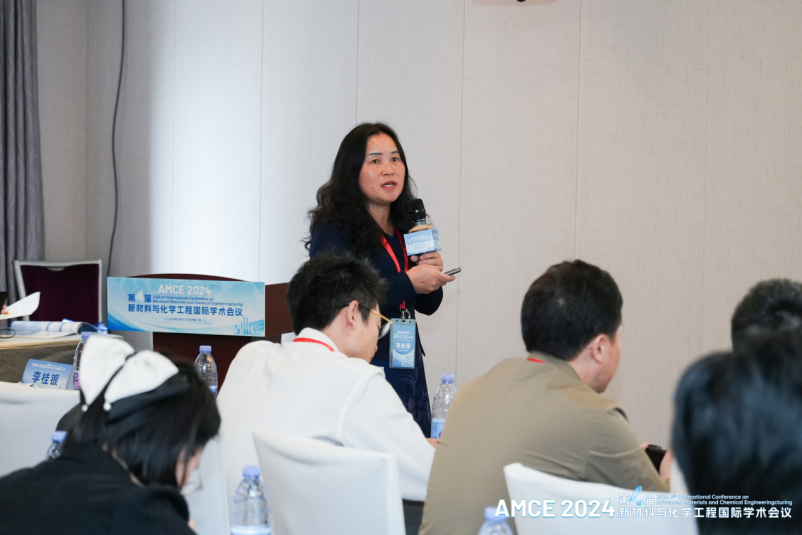
Research breakthrough: New application of hydrogen bonding technology in green synthesis
In the afternoon, Associate Professor Li Xiangming from Guangdong Institute of Petrochemical Engineering gave a lecture entitled "Construction and Application of Multi-component hydrogen bonded piezoelectric Components". In his presentation, Professor Li discusses how to improve the performance of piezoelectric catalysts through hydrogen bonding technology and promote the development of green synthesis methods. Using experimental data and theoretical calculations, he demonstrated the advantages of the technique in the preparation of O2 and H2O2, which aroused wide interest from the participants.
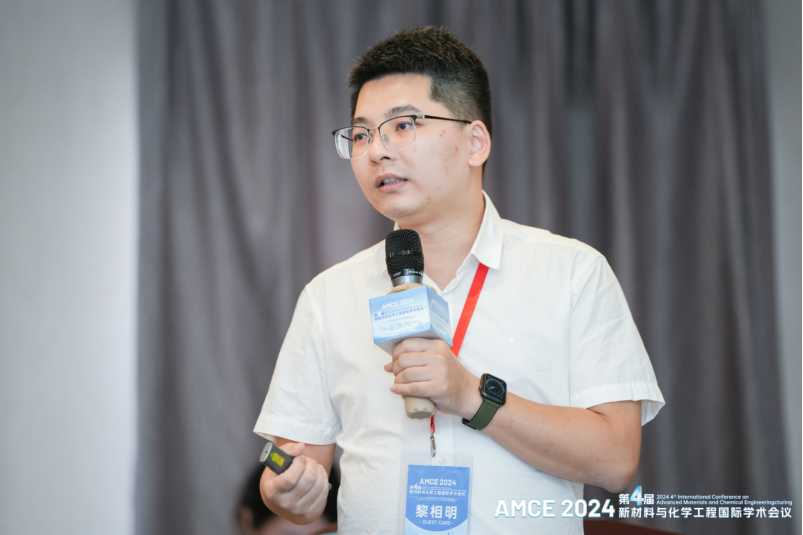
The convergence of oral presentations and poster presentations
In the oral presentation session, four young scholars shared their latest research results in the field of new materials and chemical engineering. Whether it is about the development of new catalysts or innovations in environmentally friendly materials, each presentation generated positive interaction and lively discussions among the attendees, paving the way for future collaborations.
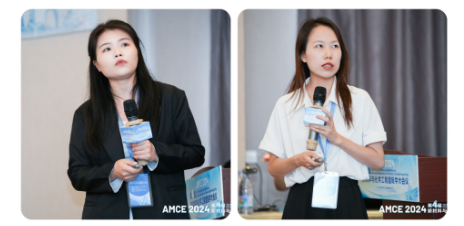
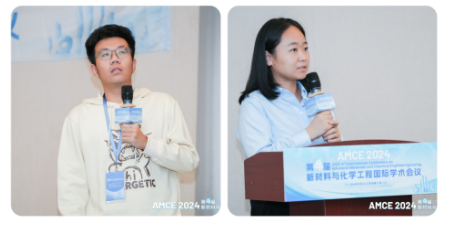
Conclusion: Confidence and expectation for the future
With the end of the last segment, AMCE 2024 came to a successful conclusion. The conference has achieved fruitful results both in the depth of academic exchanges and in the breadth of cooperation. We believe that with the joint efforts of experts and scholars, the field of new materials and chemical engineering will usher in a more brilliant tomorrow. Look forward to the next session, can continue to witness more innovative breakthroughs, together to promote the continuous progress of science and technology.
